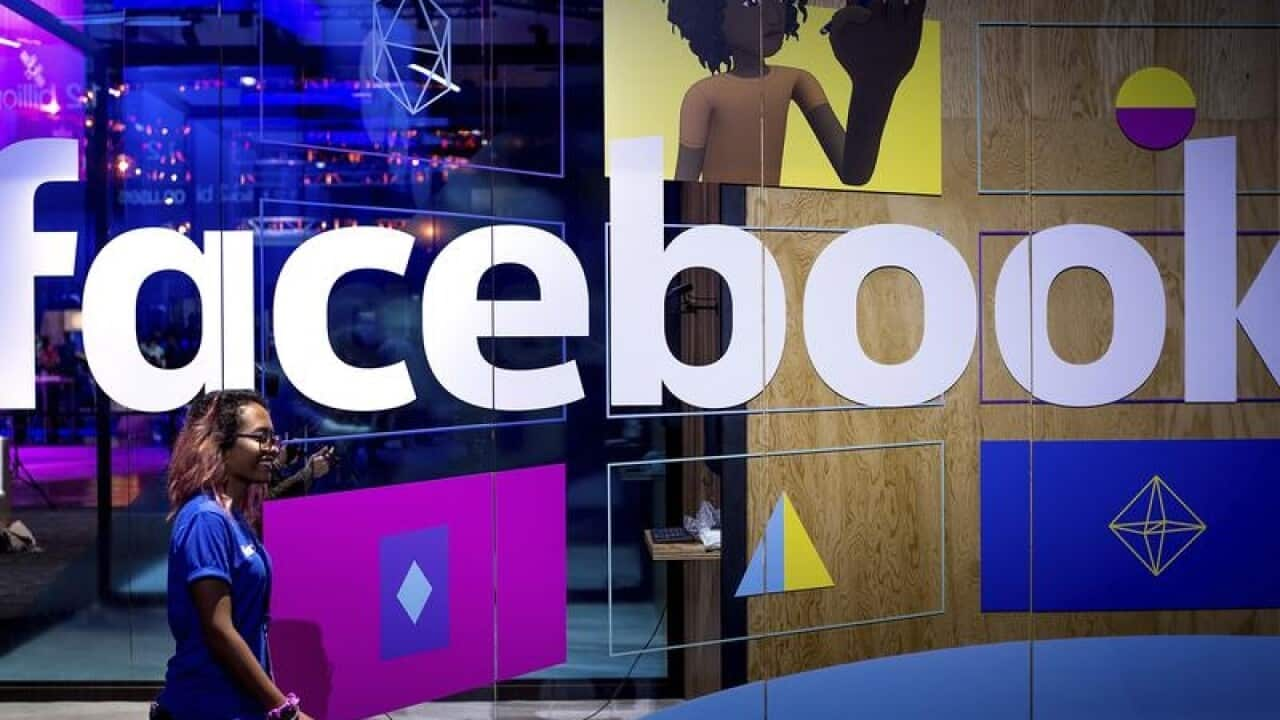Facebook CEO Mark Zuckerberg has moved to clarify comments he made in an interview about his platform’s controversial methods of cracking down on fake news and conspiracy theories.
Mr. Zuckerberg Facebook would not automatically remove every single piece of controversial misinformation, such as Holocaust denial, because doing so would mean the platform would not remain free and open.
The Facebook chief's comments were slammed online.
Mr Zuckerberg, who is Jewish, quickly wrote an email to reporter Kara Swisher (which was later published on ) to clarify his remarks.
“I personally find Holocaust denial deeply offensive, and I absolutely didn’t intend to defend the intent of people who deny that,” he wrote.
“Our goal with fake news is not to prevent anyone from saying something untrue - but to stop fake news and misinformation spreading across our services.
“These issues are very challenging but I believe that often the best way to fight offensive bad speech is with good speech.”
Mr Zuckeberg said if a post “crossed the line into advocating for violence or hate against a particular group, it would be removed”.
But some people are confused as to what exactly constitutes “violence” or “hate”.
Facebook allows some misinformation to remain on the site - including items produced by Infowars, an outlet routinely accused of spreading conspiracy theories - but the site's fact checkers and algorithms limit the amount of people such content reaches.
Facebook said Infowars - which has, among other things, facilitated the spread of and called the Sandy Hook school shooting - does not violate its community standards.
In the initial interview, Mr Zuckerberg said people who impart false information do not always intend to do so.
“It’s hard to [question] intent and to understand the intent. I just think, as abhorrent as some of those examples are, the reality is also that I get things wrong when I speak publicly. I’m sure you do. I’m sure a lot of leaders and public figures we respect do too," he said.
"I just don’t think that it is the right thing, to say we’re going to take someone off the platform if they get things wrong, even multiple times.
“What we will do is we’ll say, 'Okay, you have your page, and if you’re not trying to organise harm against someone, or attacking someone, then you can put up that content on your page, even if people might disagree with it or find it offensive'."
The United Nations has suggested the spread of misinformation and hate speech over Facebook played a part in amplifying the Rohingya crisis in Myanmar, where over 650,000 Rohingya Muslims have fled into Bangladesh after violence broke out in Rakhine state last year.
Many have provided harrowing testimonies of executions and rapes by Myanmar security forces. Marzuki Darusman, chairman of the UN Independent International Fact-Finding Mission on Myanmar, said in March social media had played a “determining role” in Myanmar.
Marzuki Darusman, chairman of the UN Independent International Fact-Finding Mission on Myanmar, said in March social media had played a “determining role” in Myanmar.

Facebook CEO Mark Zuckerberg gestures while delivering the keynote address at the f8 Facebook Developer Conference 2014. Source: AP
“It has ... substantively contributed to the level of acrimony and dissension and conflict. Hate speech is certainly, of course, a part of that,” he said.
UN Myanmar investigator Yanghee Lee said Facebook had helped the impoverished country but had also been used to spread hate speech.
- with Reuters



